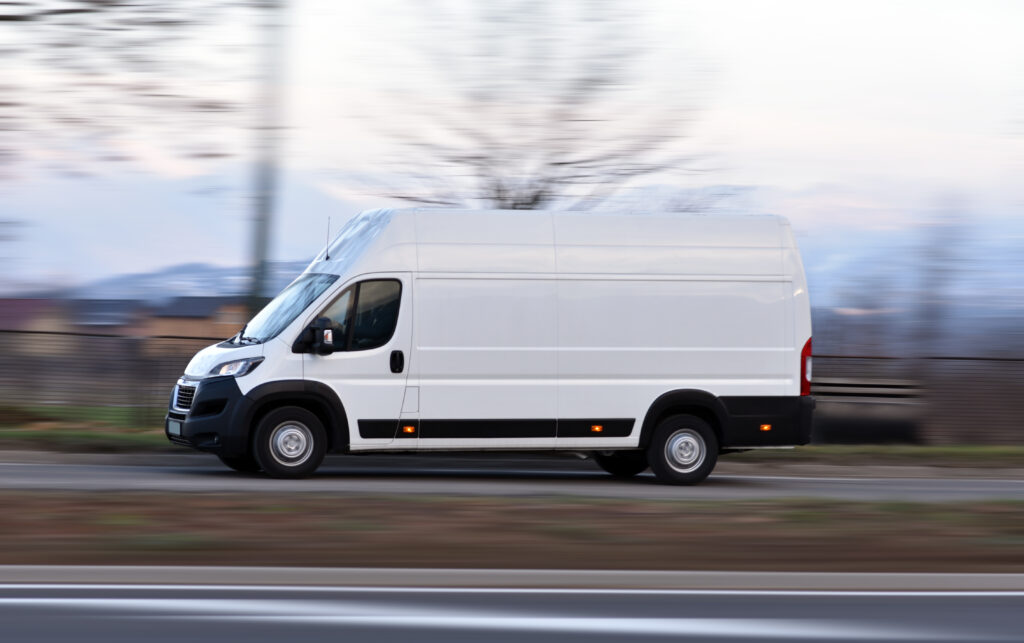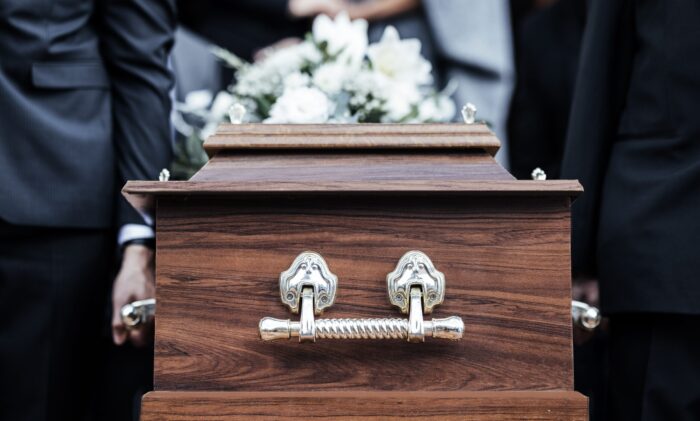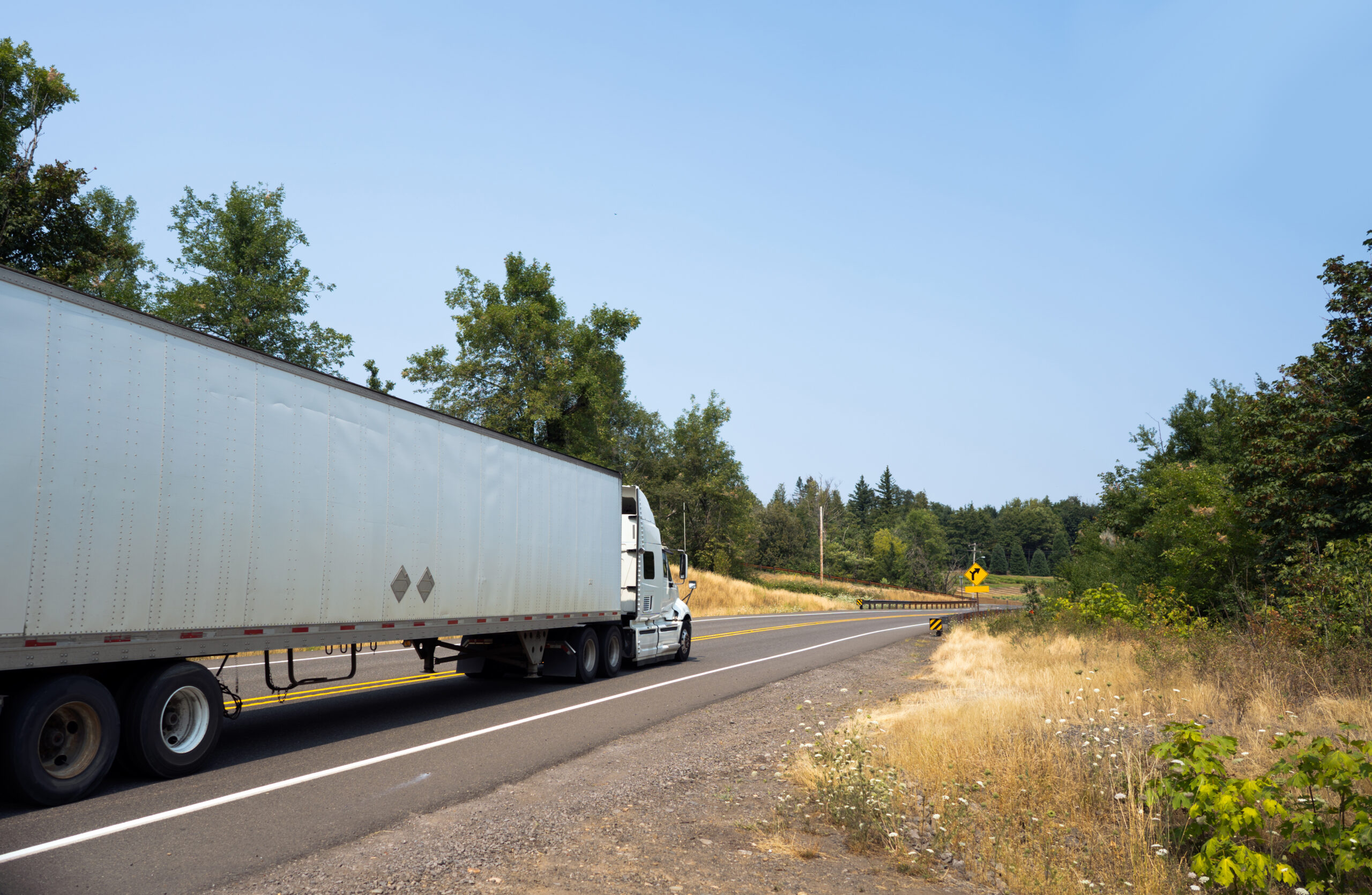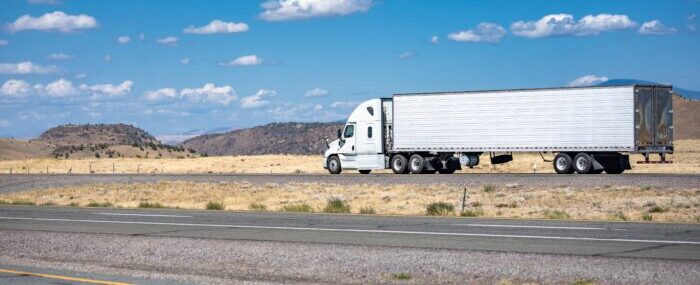If you have suffered injuries in a crash involving a commercial vehicle, such as a delivery truck, you don’t just have the right to demand accountability; you deserve it. Commercial vehicle accidents often involve more than just the driver. Liability can fall to the trucking company, third parties involved in loading or maintaining the trucks, and even manufacturers if a defect contributed to the accident.
The insurance policies carried by trucking companies are usually much larger than those for personal vehicles, but accessing those funds requires proving who is at fault and what rules were broken. At Schafer and Schafer LLP, we commonly hear from injured clients who don’t know where to turn after a commercial vehicle accident. By working with us, you’ll have a clear understanding of your accident, your rights, and how we can secure the compensation you need.
Understanding Commercial Vehicle Accidents
A commercial vehicle is any vehicle used for business purposes, and it goes far beyond just 18-wheelers. Because these vehicles are tied to businesses and corporations, liability after a crash is rarely straightforward.
What Counts as a Commercial Vehicle?
Commercial vehicles are not limited to just the big 18-wheelers. This category includes any vehicle used for business purposes such as delivery vans, box trucks, company cars, rideshare vehicles, and utility trucks. Because these vehicles operate on behalf of businesses or corporations, they are required to follow specific regulations and often involve more complex liability issues than private passenger vehicles.
Why Liability Can Be Complicated
Determining who is liable often requires a thorough investigation of driver logs, vehicle maintenance records, accident scene evidence, and compliance with safety regulations.
It matters whether the driver is an employee or an independent contractor and whether the company owning the vehicle followed proper maintenance and safety protocols. Other parties, such as third-party contractors handling loading or maintenance, or manufacturers responsible for defective parts, can also share responsibility.
Who Can Be Held Liable After a Commercial Vehicle Accident Injury?
In Indiana, liability after a commercial vehicle accident is based on fault. This means the at fault party or parties can be held financially responsible for your injuries. Unlike standard car accidents, commercial vehicle crashes often involve several potentially liable parties.
Depending on the facts of your case, any of the following may be held accountable:
- The Driver: If they were speeding, distracted, impaired, or otherwise careless behind the wheel.
- The Trucking or Delivery Company: If they failed to train drivers properly, enforced unsafe schedules, or neglected vehicle upkeep.
- Third-Party Contractors: Including companies that loaded cargo incorrectly or handled logistics that contributed to the accident.
- Vehicle Manufacturers or Maintenance Providers: If a mechanical defect or poor maintenance led to the crash.
- Government Entities: If unsafe road conditions, poor signage, or inadequate road maintenance played a role.
Insurance Coverage in Commercial Vehicle Accident Claims
After a commercial vehicle accident, knowing who to sue is just as important as understanding the insurance coverage involved. When multiple parties share liability, each may have separate insurance policies that need to be addressed. By hiring a dedicated commercial vehicle accident attorney, we will handle all communication with the insurers on your behalf. Your own insurance may also play a role, especially if gaps exist in the at-fault party’s coverage.
Types of Insurance That May Apply
- Commercial Auto Insurance: Covers the vehicles owned by trucking or delivery companies and may pay for property damage and bodily injury caused by their drivers.
- Liability Insurance: Protects the company or driver if they are found legally responsible for the accident.
- Cargo Insurance: Covers damage to goods being transported, which can sometimes intersect with claims if improperly loaded cargo contributed to the crash.
- Workers’ Compensation Insurance: Applies if the driver was on the job and injured during the accident, and can also affect claims involving employer liability.
- Manufacturer or Product Liability Insurance: Protects vehicle or part manufacturers if a defect played a role in the accident.
- Your Personal Auto Insurance: May provide supplemental coverage if there are gaps in the at-fault party’s policies, including uninsured or underinsured motorist coverage.
- Umbrella or Excess Liability Policies: Additional coverage that large companies often carry, which can extend beyond standard liability limits to ensure full compensation.
Insurance Companies Often Involved
When a commercial vehicle accident occurs, multiple insurance companies may become involved, and this can complicate the claims process. Each insurer has its own policies, limits, and strategies, and they often work to minimize the amount they pay out.
Some of the insurance companies commonly involved in commercial vehicle accident claims include:
- Great West Casualty Company
- Progressive Commercial
- GEICO
- Northland Insurance
- Reliance Partners
- NITIC (National Independent Truckers Insurance Company)
- Thomas Wilson Group, LLC
- The Insurance Store
- Wexford Insurance
Challenges Victims Face
When pursuing compensation after a commercial vehicle accident, victims and their families often encounter a series of common challenges and pitfalls. Identifying all responsible parties can be difficult, especially when liability is shared between drivers, trucking companies, contractors, or manufacturers. Insurance companies may dispute fault, delay payments, or attempt to minimize settlements, leaving the injured parties unsure of how they will recover.
Specific Types of Commercial Vehicle Accidents
Delivery Truck Accidents
Delivery truck accidents often happen in residential neighborhoods. Drivers tend to make frequent stops on their routes, often full of unfamiliar streets. Delivery truck accidents are often the result from the pressures of tight delivery schedules, heavy cargo loads, and repeated stopping.
Because delivery trucks are operated under company policies, pursuing compensation often requires holding both the driver and the employer accountable. This means investigating company training practices, vehicle maintenance, and delivery route assignments. An experienced personal injury attorney will build a strong case for you, ensuring you receive fair compensation for your injuries and losses.
Amazon Truck Accidents
Accidents involving Amazon delivery trucks can be particularly complex due to the company’s use of contractors, third-party drivers, and logistics networks. Establishing liability may require examining the employment relationship, the driver's background, and the company’s policies on package delivery and driver safety. These factors can impact which parties you can sue and how you access the insurance coverage responsible for compensating your injuries.
Garbage Truck Accidents
Garbage truck accidents often involve heavy, specialized vehicles that operate in residential areas, creating unique risks for pedestrians, cyclists, and other drivers. These claims may require a detailed investigation into municipal or private waste management company protocols, driver work schedules, and equipment maintenance records. Compensation strategies may differ depending on whether the truck is publicly or privately operated.
Steps to Take After a Commercial Vehicle Accident
- Seek Immediate Medical Attention: Your health and safety come first, and medical records are critical for documenting injuries.
- Contact Law Enforcement: A police report provides an official record of the accident, which can support your claim.
- Document the Scene: Take photos of the vehicles, injuries, road conditions, and any relevant signage or signals.
- Collect Witness Information: Names and contact details of witnesses can strengthen your case.
- Avoid Speaking to Insurance Adjusters Alone: Statements to insurers can be used against you; wait until you have legal guidance.
- Gather Evidence: Keep any damaged property, medical bills, and correspondence related to the accident.
- Notify Your Insurance Company: Report the accident promptly while coordinating with your attorney.
- Contact an Experienced Commercial Vehicle Accident Attorney: Early legal support ensures your rights are protected and that all liable parties and insurance coverage are properly pursued.
Why Choosing a Personal Injury Law Firm Like Schafer and Schafer LLP Makes a Difference
At Schafer and Schafer LLP, we have a track record of securing life-changing commercial vehicle injury settlements for our clients, including:
- $60 million for a 19-year-old girl paralyzed in a trucking accident
- $32.5 million for a 31-year-old woman who suffered brain damage
- $30 million for a husband seriously injured by a semi-truck.
These outcomes demonstrate our ability to take on large trucking companies and insurance providers, holding them accountable and securing the compensation our clients deserve. You don’t have to navigate this alone. Contact Schafer and Schafer LLP today for a free consultation with our commercial vehicle injury attorneys.









